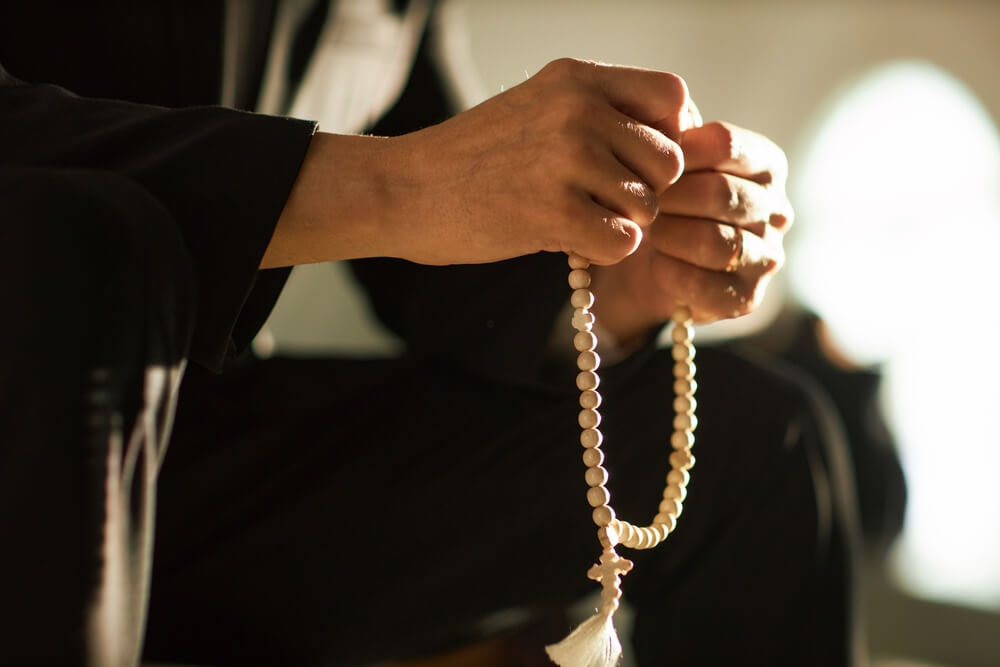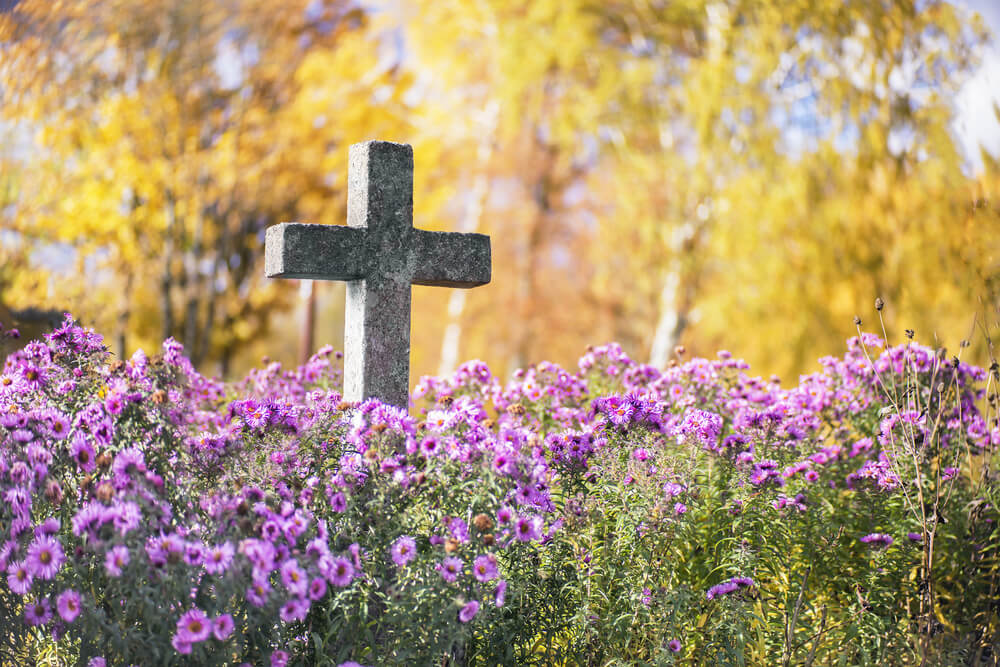Cremation has long been a topic of discussion within the Catholic Church, and you may remember when the Church forbade cremation. Now, the topic is more nuanced. While the best way to learn more about this topic is to consult with your Parish Priest, here’s what we understand about cremation – Catholic Church beliefs.
Cremation and The Catholic Church – A Summary
- The Catholic Church historically prohibited cremation due to its association with pagan rituals and rejection of the resurrection doctrine. However, since 1963, cremation has been permitted under specific conditions, emphasizing compatibility with Christian beliefs.
- The Church allows cremation but prioritizes traditional burial. Cremated remains must be treated with respect, kept intact, and interred in a sacred place like a cemetery or columbarium. Practices such as scattering ashes or keeping them at home are prohibited.
- Cremation aligns with Catholic teachings if it respects the sanctity of the human body and the doctrine of bodily resurrection. Proper handling of cremated remains ensures adherence to these theological principles.
- The Church recognizes the financial and practical reasons for choosing cremation and provides pastoral support to guide families in making decisions that honor their faith while maintaining the sacredness of the body.
Historical Look of When the Church Forbade Cremation
For centuries, the Catholic Church opposed cremation. The practice was associated with pagan rituals and was often seen as a rejection of the Christian belief in the resurrection of the body. Early Christians opted for burial, emulating the burial of Jesus Christ and affirming their faith in the bodily resurrection promised at the end of time.
In the late 19th and early 20th centuries, cremation gained popularity in secular circles, sometimes as a deliberate rejection of religious beliefs. As a result, the Church maintained its prohibition to emphasize the sanctity of the body and its role in Christian theology.
Modern Acceptance of Cremation
In 1963, the Catholic Church began to permit cremation under certain conditions, provided it was not chosen as a denial of Christian teachings. The pivotal shift came with the revision of the 1983 Code of Canon Law, which explicitly allowed cremation. The Church reaffirmed its acceptance in the 1997 Instruction “Ad resurgendum cum Christo” and subsequent updates, emphasizing that cremation is compatible with the Catholic faith as long as it respects the doctrinal belief in the resurrection of the body.
4 Key Guidelines for Cremation
The Catholic Church permits cremation and has outlined specific guidelines to ensure it aligns with Christian values.
Here’s what you need to know about Catholic cremation:
- Respect for the Body: The Church teaches that the human body is a temple of the Holy Spirit and deserves a reverent disposition. Whether buried or cremated, the remains should be treated with dignity.
- Preference for Burial: While cremation is allowed, the Church continues to express a preference for traditional burial in a Catholic cemetery. This practice more visibly symbolizes the hope in resurrection.
- Proper Handling of Ashes: The Church mandates that cremated remains be kept intact and interred in a sacred place, such as a cemetery or columbarium. Scattering cremated remains, dividing ashes among family members, or keeping them at home is prohibited as these practices can detract from the sacredness of the remains. In short, the cremated body should be treated with the same respect as a deceased body.
- Catholic Funeral Rites: Catholics who choose cremation are still entitled to the full funeral liturgy. The Church encourages cremation to occur after the funeral Mass whenever possible, allowing the body to be present for the rites. If cremation precedes the funeral, the ashes may be present in a suitable container.
Theological Foundations
The Church’s teachings on cremation are deeply rooted in its theology of the body. Catholics believe in the sanctity of the human body, both in life and death. The resurrection of the body is a cornerstone of the Catholic faith, and cremation must not contradict this belief. By ensuring that cremated remains are handled reverently, the Church seeks to uphold the sacredness of human life and its eternal destiny.
Other Considerations
In today’s world, practical and economic factors often influence the decision to choose cremation. The Catholic Church acknowledges these realities of cremation being an affordable alternative to burial and offers pastoral guidance to help families navigate the decision in a way that honors their faith. Priests and pastoral ministers play a crucial role in educating and supporting families through this process.
The Catholic Church’s views on cremation have evolved significantly over the years. While once prohibited, cremation is now accepted as a valid option for Catholics, provided it is chosen for reasons consistent with Christian beliefs. By adhering to the Church’s guidelines, Catholics can honor their faith and maintain the sacredness of the human body, even in death. This balanced approach reflects the Church’s commitment to upholding its theological traditions while addressing the practical needs of modern believers.
Are you planning your own funeral and have questions about what the Church requires in terms of final disposition? Reach out to a funeral director at Alabama Funeral Homes and Cremation Centers. We’re happy to answer any questions you have to the best of our ability, or we’ll connect you with faith leaders in our area to help you plan an appropriate funeral.






